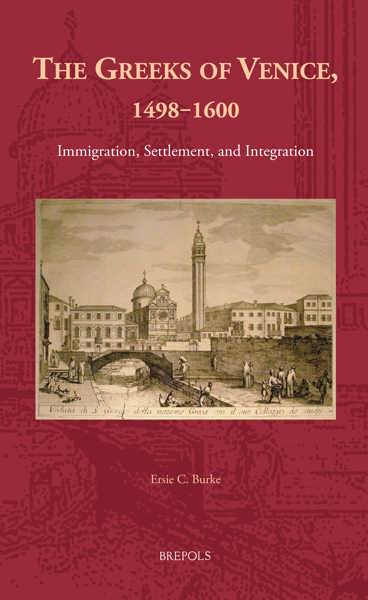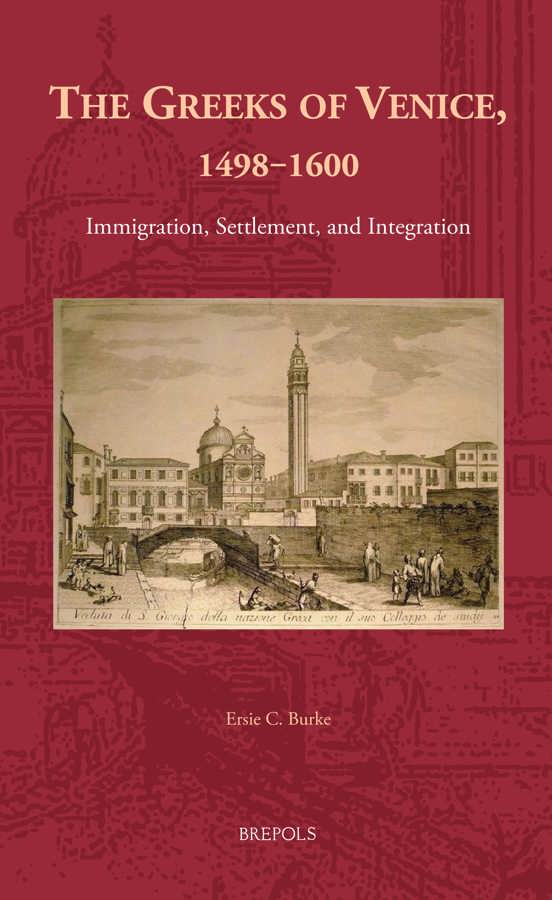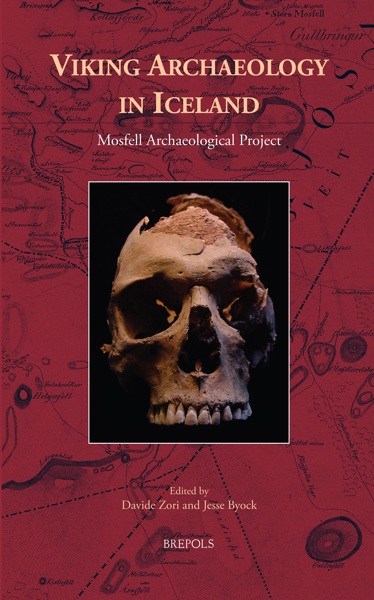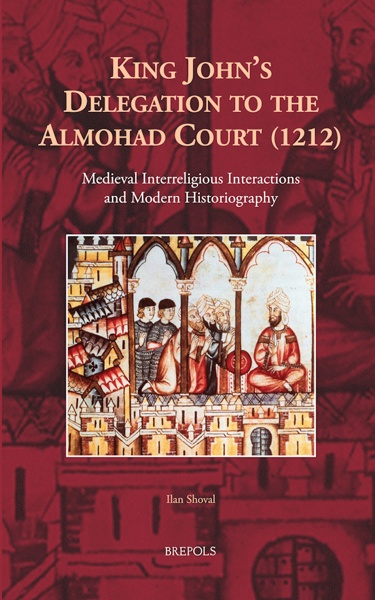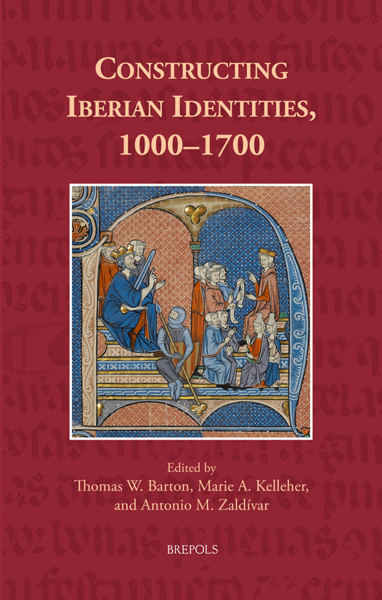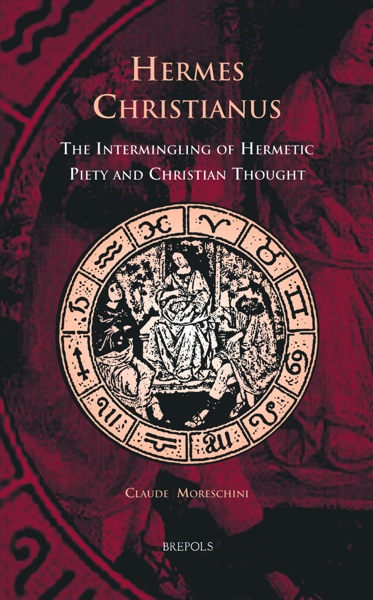
- Pages: xxvi + 242 p.
- Size:156 x 234 mm
- Illustrations:13 b/w, 4 col., 9 tables b/w., 2 Maps
- Language(s):English
- Publication Year:2016
- € 95,00 EXCL. VAT RETAIL PRICE
- ISBN: 978-2-503-55926-1
- Hardback
- Available
- € 95,00 EXCL. VAT RETAIL PRICE
- ISBN: 978-2-503-56481-4
- E-book
- Available
The history of the Greek community of early modern Venice in transition from immigrants and refugees to permanent residents.
"Burke legt ein sehr gut lesbares und vor allem sorgfältig ausgewogen fokussierendes Buch vor (...)" (Stephan Sander-Faes: in: Sehepunkte, 17 (2017), Nr. 11)
“En primer lugar, es digno de elogio que se hayan aportado tantos datos inéditos sobre un tema aparentemente local e incluso minúsculo: la presencia de los griegos en Venecia a lo largo de los primeros siglos de la Edad Moderna. En segundo término, la aportación de Burke constituye una notable revisión de los parámetros interpretativos de una determinada historiografía nacionalista helénica.” (Xavier Baró i Queralt, in Medievalia, 20/I, 2017, p. 287)
“(…) the book’s ambitious reach as well as its author’s clear and accessible style make for a must-read for both fellow ‘Venetianists’ and non-specialist readers (…) This well-documented book does not shy away from addressing ‘big issues’, such as the fate of immigration in early modern states, and the construction of communal identities. In so doing, it offers a valuable contribution to ongoing scholarly debates, while at the same time providing rich insights into the daily life of Greek immigrants in sixteenth-century Venice (…) its blend of erudition and empathy accounts for a read that is both pleasant and highly instructive. (Mathieu Grenet, in European History Quarterly, 48/2, 2018, p. 332-333)
“The importance of this book goes beyond its study of the Greek presence in Venice. At the beginning Burke states how she is interested in discussing immigration, acculturation, and multiculturalism; she succeeds not only in this, but also in showing how the history of migration is central to the European experience. (Maria Fusaro, in Renaissance Quarterly, LXXI/2, p. 717)
“This is an important book about a critical process in a crucial period of intellectual history, with long-lasting cultural and intellectual consequences in the transmission of classical knowledge: for instance, in the scholarship on Plato and Aristotle, in the history of early printing, and in the teaching of classical and postclassical rhetoric.” (Carles Gutiérrez-Sanfeliu, in Parergon, 36/2, 2019, p. 253)
People have always immigrated in search of better working and living conditions, to escape persecution, reconnect with family, or simply for the experience. This volume traces the history of Venice’s Greek population during the formative years between 1498 and 1600 when thousands left their homelands for Venice. It describes how Greeks established new communal and social networks, and follows their transition from outsiders to insiders (though not quite Venetians) through an approach that offers a comparative perspective between the ‘native’ and the immigrant. It places Greeks within the context of multi-cultural, multi-ethnic, and multi-lingual Venice. Personal stories are interwoven throughout for a more intimate account of how people lived, worked, prayed, and formed new social networks. These accounts have been drawn from a variety of sources collected from the Venetian state archives, the archives of the Venetian church, and documentation held by the Hellenic Institute of Venice. Notarial documents, petitions, government and church records, registries of marriages and deaths, and census data form part of the collected material discussed here. Above all, this study aims to reconstruct the lives of the largest ethnic and Christian minority in early modern Venice, and to trace the journey of all immigrants, from foreigner to local.
